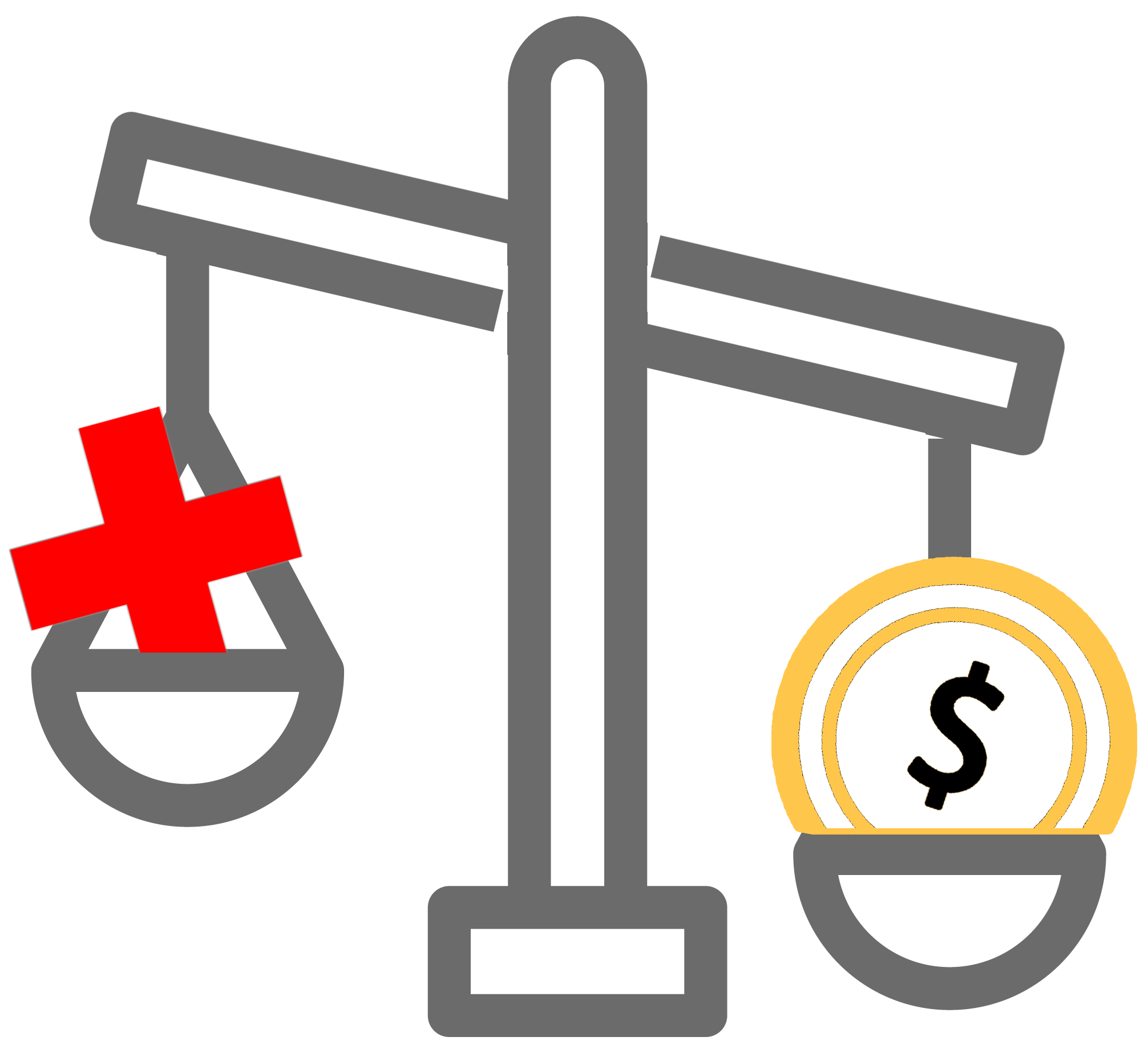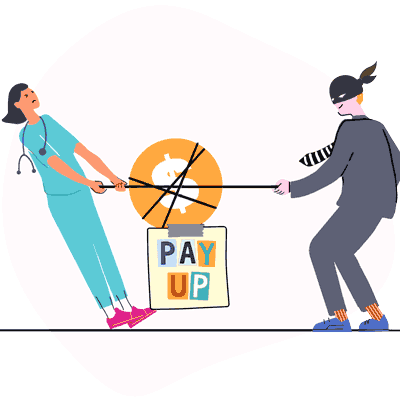The Parity Problem: How Work Comp Favors Insurers Over Providers

In disputes over payment in the California workers’ compensation system, insurers have an unfair advantage over providers.
At every stage of the billing process, the burden of seeking proper reimbursement falls on the provider. The penalty for provider non-compliance is immediate and automatic: they don’t get paid. Yet, the insurer suffers no consequences for payment non-compliance.This lack of parity reveals exactly what value is placed on the role of doctors and other health care workers in the work comp system: very little, indeed.
Strict Provider Requirements
If a provider fails to submit a bill within the 12-month limit mandated by Senate Bill 1175, that bill is considered void. While exceptions to the timeframe exist for certain specific circumstances, no provider can break this rule without taking a blow to the bottom line.
If after receiving an incorrect reimbursement, the provider fails to submit a Second Review appeal within 90 days, the bill is considered void. This appeal deadline applies to all circumstances, including the all-too common denials of payment due to errors by the payors.
If the insurer’s claims administrator denies the Second Review appeal, the provider must pay $195 and submit an Independent Bill Review (IBR) request within 30 days of receipt of the denial. If the provider fails to submit the the IBR (or the $195), the bill is considered void. These IBRs are complex and time consuming, and Maximus decisions are randomly incorrect. Yet, when a provider fails to execute the complicated steps required for payment, the provider loses by default.
The Double Standard
Contrast the automatic consequences for providers seeking payment with those for insurers seeking to avoid it. When an insurer fails to remit timely payment, or any payment at all, no consequences exist unless the provider actively pursues redress.
Even when penalties do apply to insurer delays, payment for those penalties are laughably “self-executing.” Insurers are expected to penalize themselves. That is not a joke. The DWC provides no rules for the payment of penalties or interest, and offers no mechanism to bill for it. No code exists in the OMFS for penalties and interest, nor any deadlines for remittance.
For providers, actions have consequences. For the payors, it’s an Honors System.
When the insurer fails to punish themselves by paying the established late penalty, the provider only has one option: spending more time (and a $150 processing fee) to file a lien. Only the Workers’ Compensation Appeals Board (WCAB) can force an insurer to remit a penalty when the insurer fails to timely pay a provider's bill— and only after the provider expends their own resources appealing to the state.
Level the Playing Field
Electronic billing can help reduce this disparity and make the fight for proper reimbursement a more fair one. With e-billing, the payor can’t claim that correspondence is ‘lost in the mail.’ E-billing provides a receipt that time-stamps the moment the insurer receives the bill, and makes pursuit of correct reimbursement less difficult and time-consuming.
Even with e-billing, insurers may still attempt to wriggle out of legally mandated consequences for violating timeliness requirements. For example, daisyBill alerts our providers when a payment is overdue. With very few exceptions, the late payment amount rarely includes the mandated self-executing penalty and interest.
Our providers often ask us how to collect the penalty and interest due as a result of late payment. Our answer:
- File a request for Second Review disputing the payment. However, expect the payer to ignore this demand.
- Be prepared to pay $150 to file a lien
We also strongly recommend our providers take 30 seconds to submit an Audit Complaint*. To date, our providers have submitted over 11,000 audit complaints reporting verifiable noncompliance by payers. Since e-billing allows providers to precisely track when payers fail to comply with the rules, the state Audit Unit is able to effectively pursue these violations.
Often, simply submitting a copy of the Audit Complaint to the claims administrator is sufficient motivation to result in proper reimbursement.
The lack of parity in work comp and its effects on providers can have serious and unfortunate consequences, like a hospital turning away an injured worker. Other states across the nation respect their health care workers and value the services these doctors offer. These states offer providers parity and protection.
Every unfair and unnecessary burden the system imposes drives good providers out of California work comp, to the detriment of injured workers and their employers.
*NOTE: The Audit Complaint form was updated in 2019. Access the updated form here: https://www.dir.ca.gov/dwc/Auditref.pdf
daisyBill helps level the playing field for providers. With our Billing Software, providers can obtain authorization, submit complete bills, appeal incorrect payments, and even submit audit complaints with ease. We take the hassle out of obtaining proper reimbursement for treating injured workers. Request a free demo of our Billing Software today.
REQUEST DEMO
DaisyBill provides content as an insightful service to its readers and clients. It does not offer legal advice and cannot guarantee the accuracy or suitability of its content for a particular purpose.




